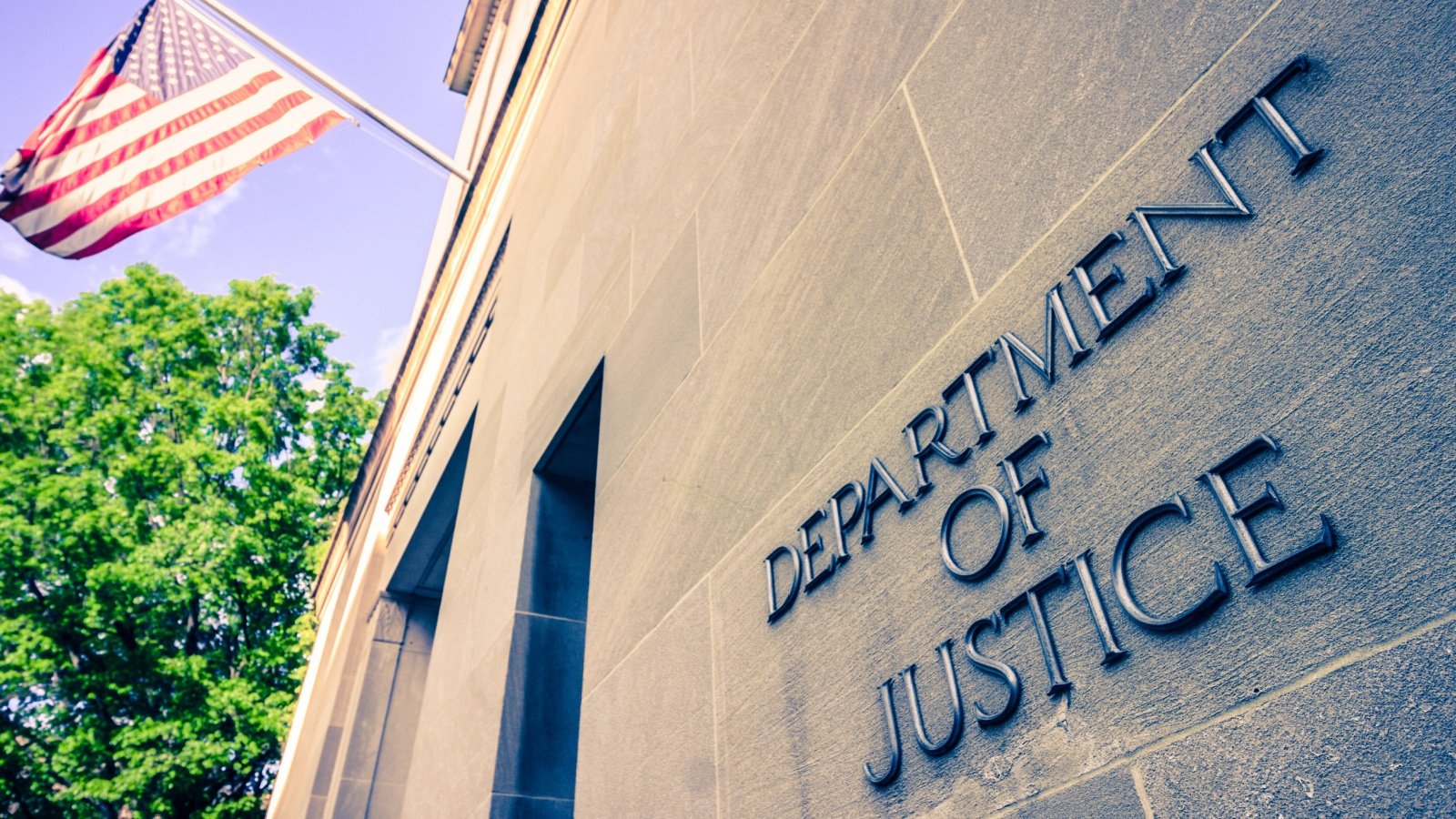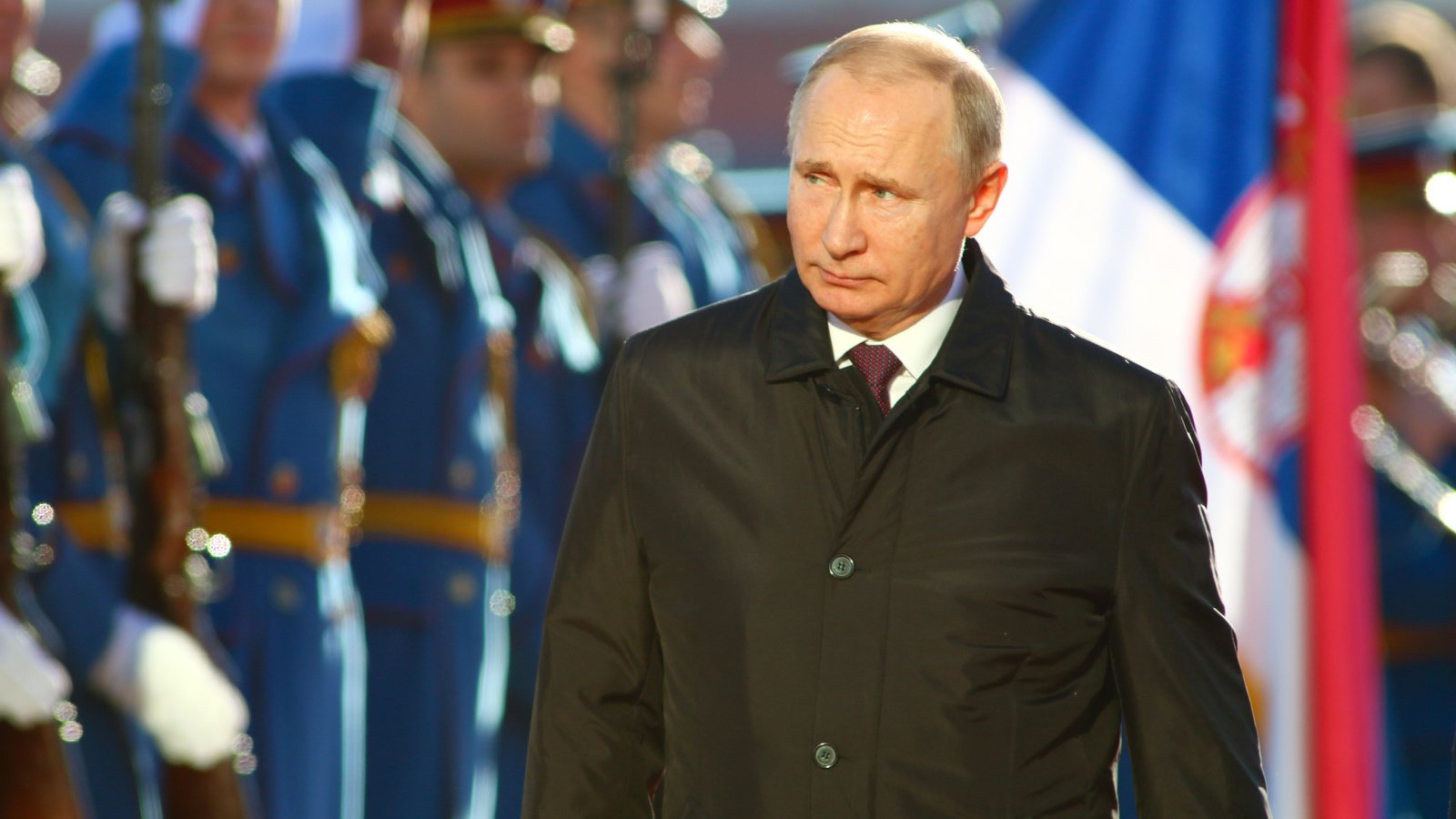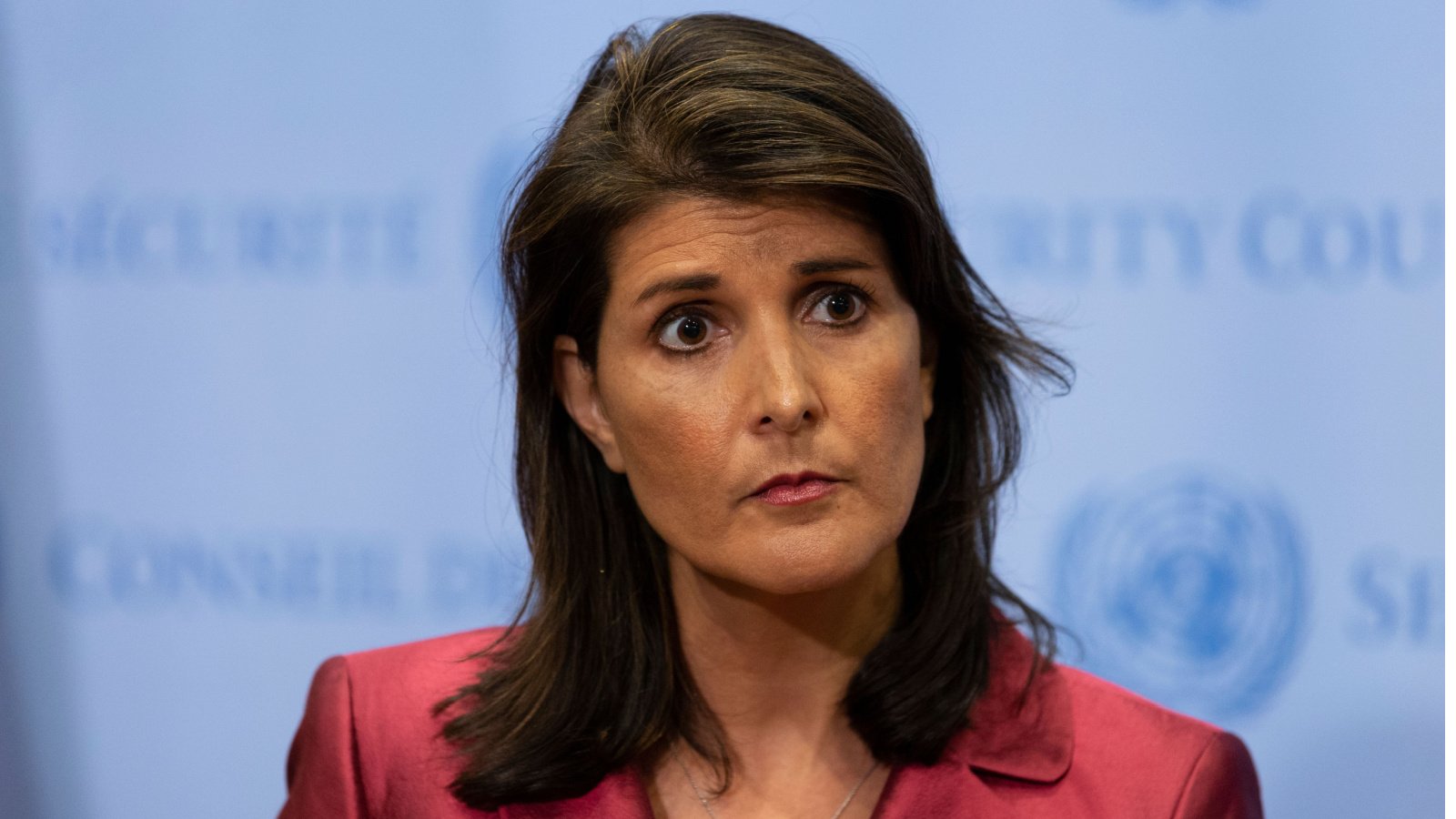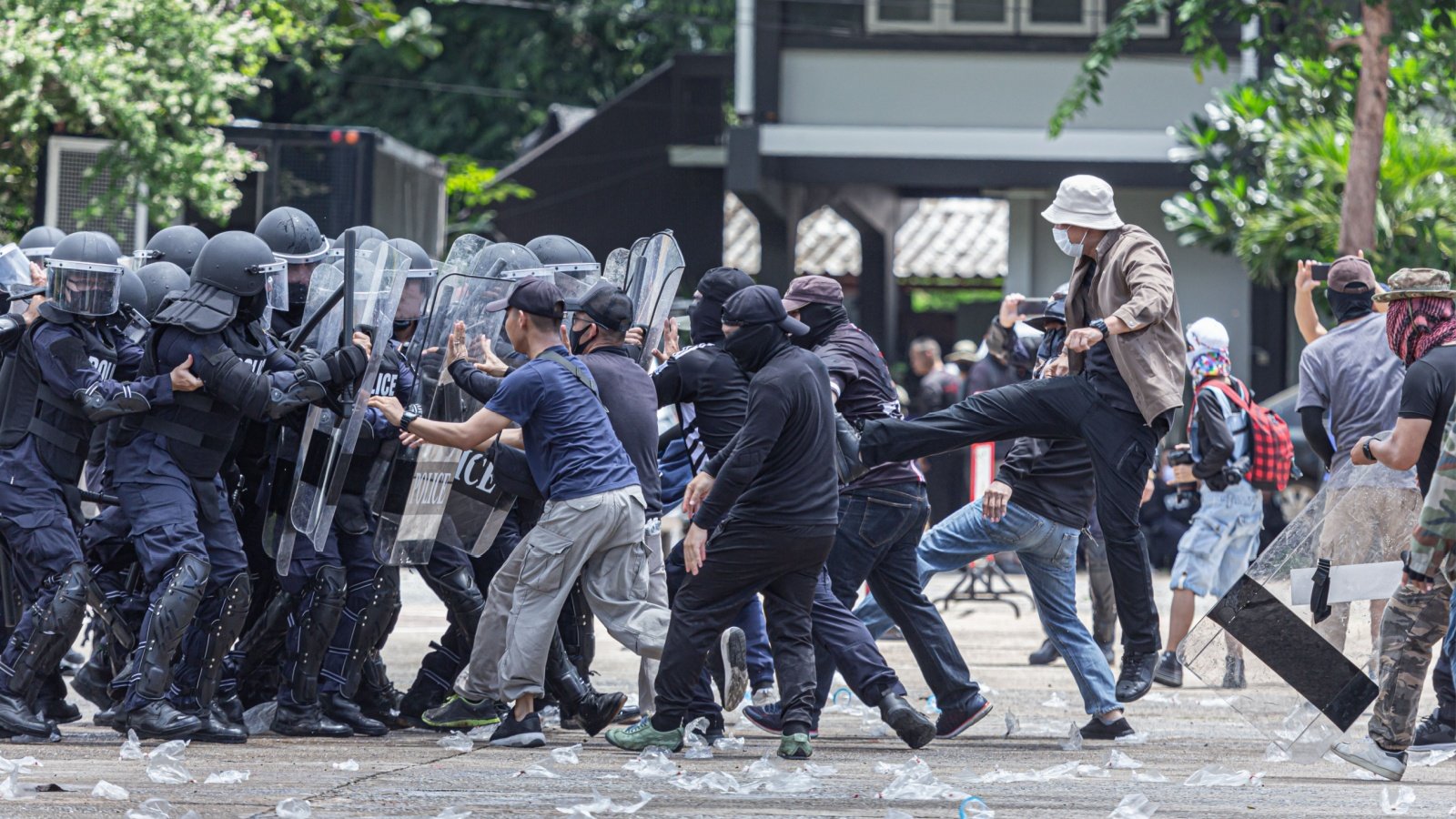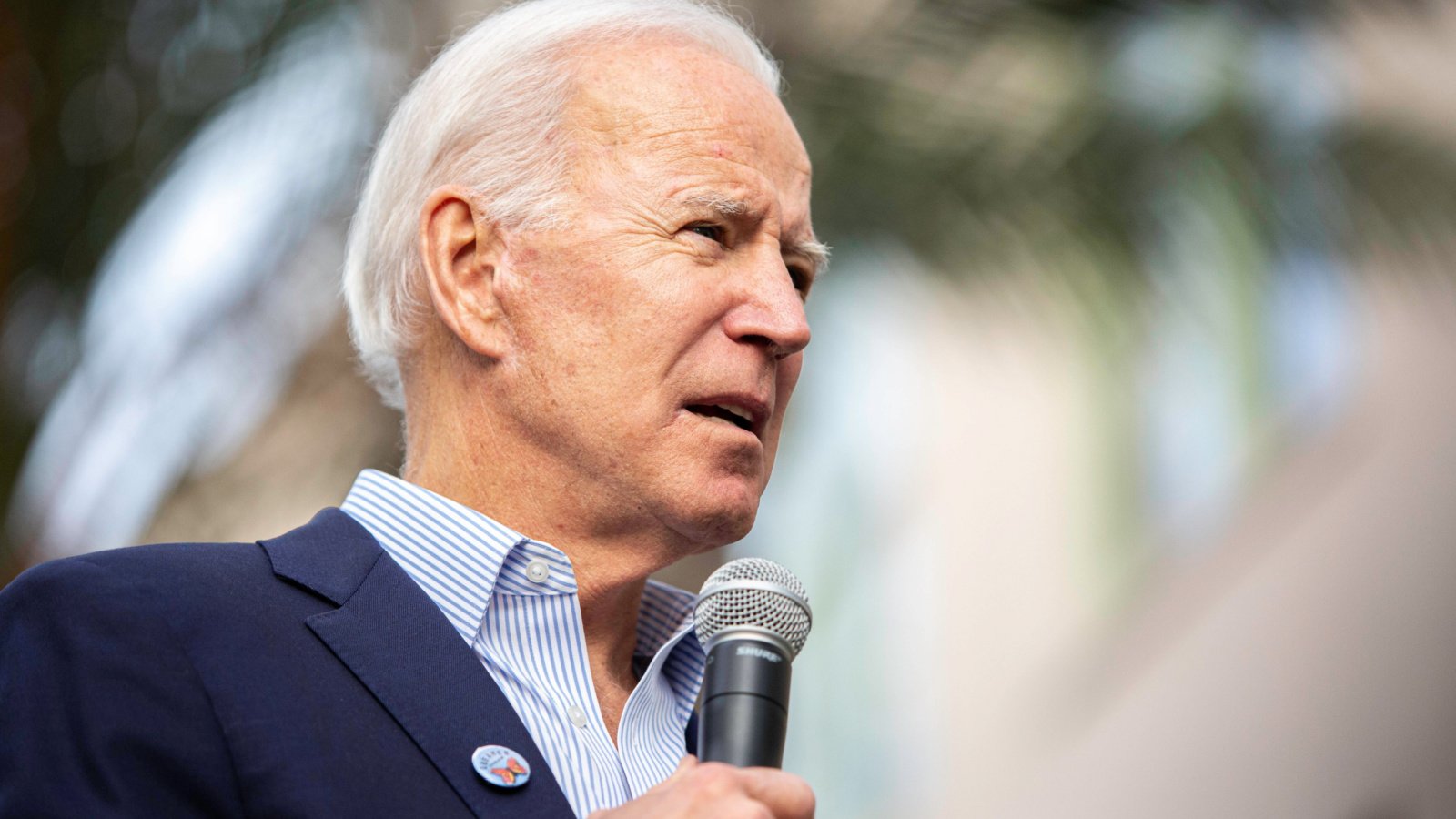This week, the Department of Justice (DOJ) announced a lawsuit alleging that Ticketmaster and its parent company, Live Nation, are in violation of antitrust laws. Specifically, the DOJ alleges the company holds an illegal monopoly in live event ticket sales. According to the DOJ, the monopoly results in artificially high prices for fans.
Collaboration with State Attorneys General
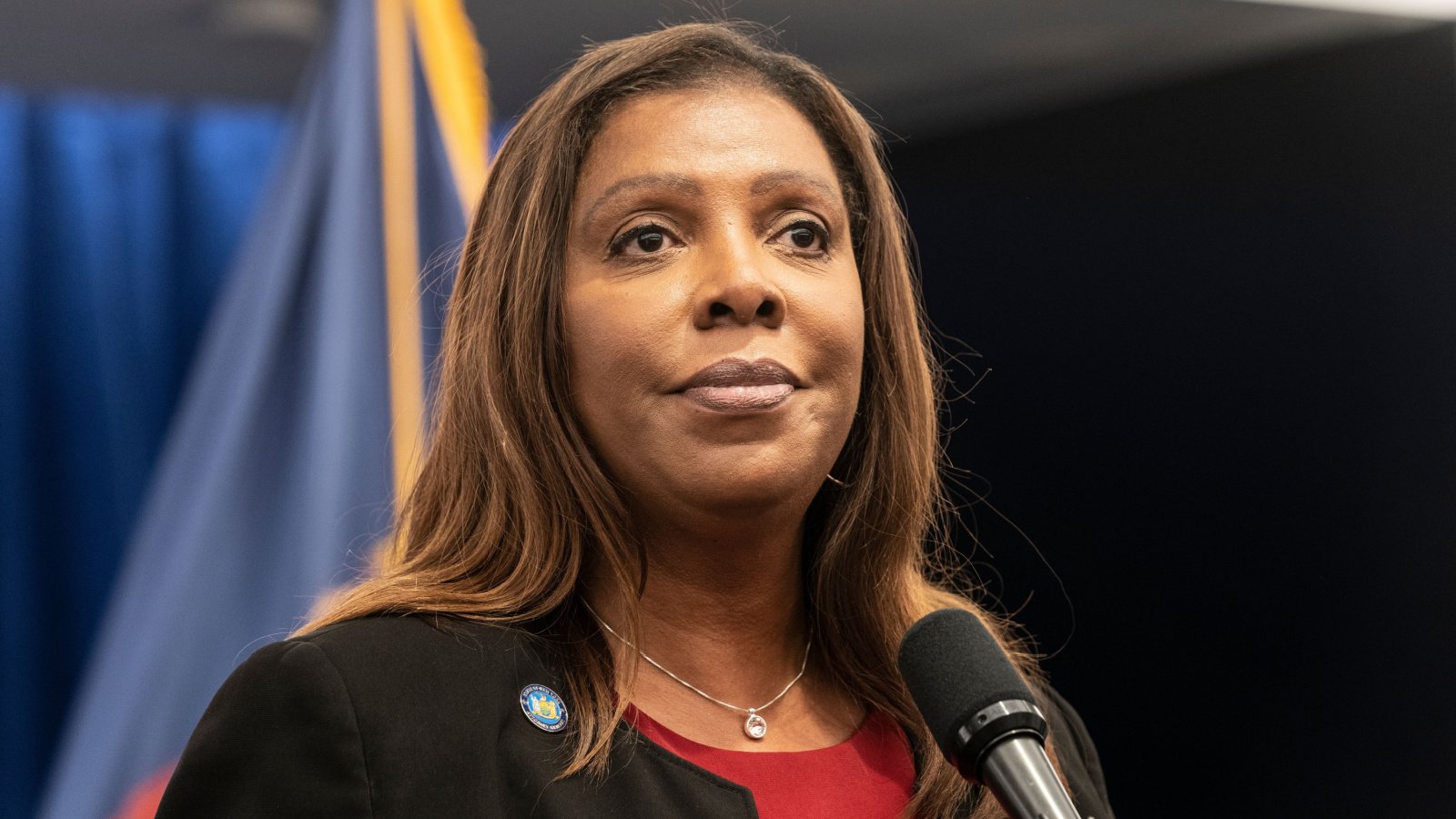
The lawsuit was filed in conjunction with the attorneys general of 30 states. The lawsuit is intended to dismantle the monopoly that harms smaller promoters, artists, and fans by imposing high fees with few other options available due to stifled competition.
Attorney General’s Statement
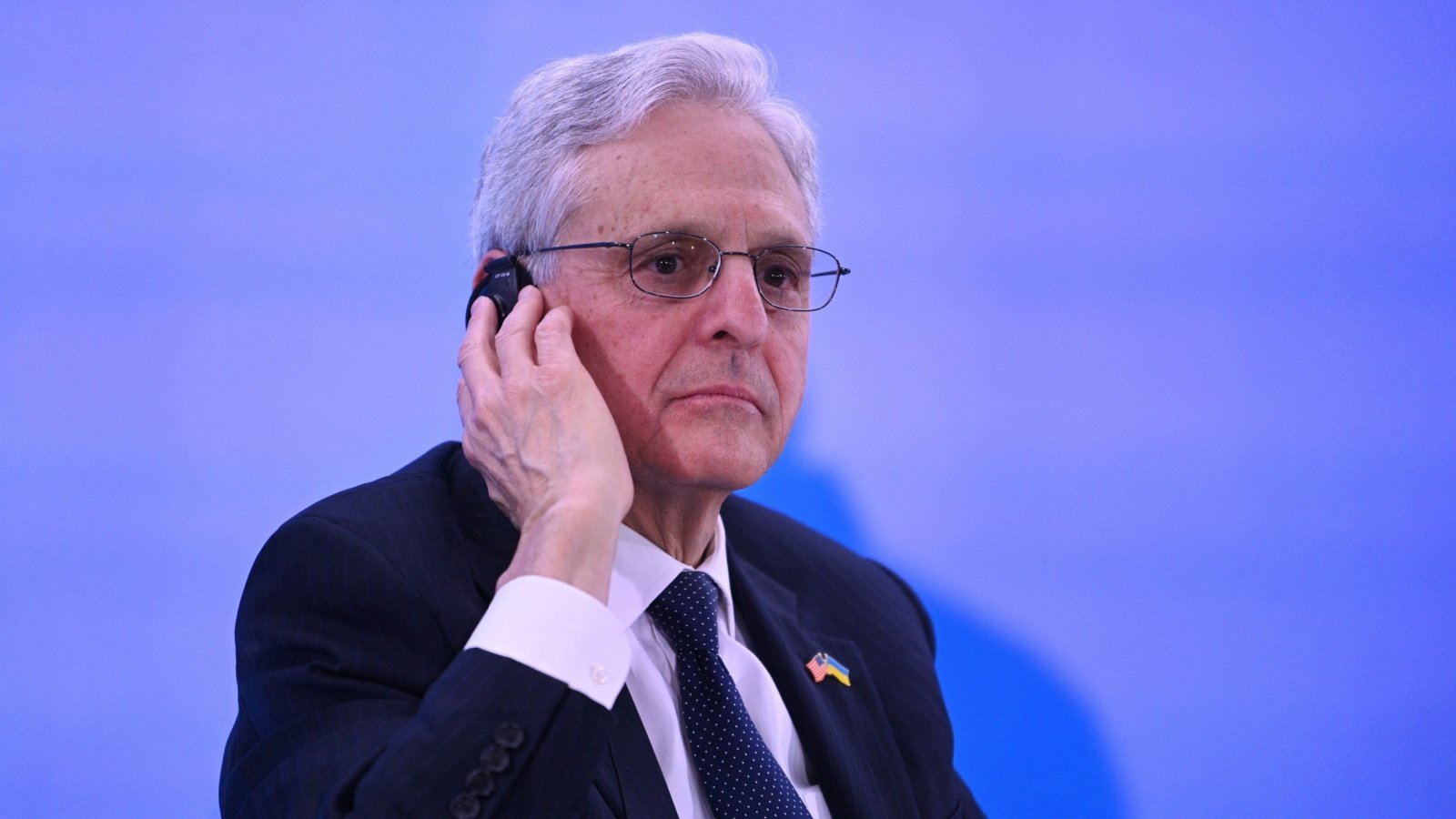
Attorney General Merrick Garland stated, “It’s time for fans and artists to stop paying the price for Live Nation’s monopoly. It is time to restore competition and innovation in the entertainment industry. It is time to break up Live Nation and Ticketmaster. The American people are ready for it.”
Accusations of Anti-Competitive Practices
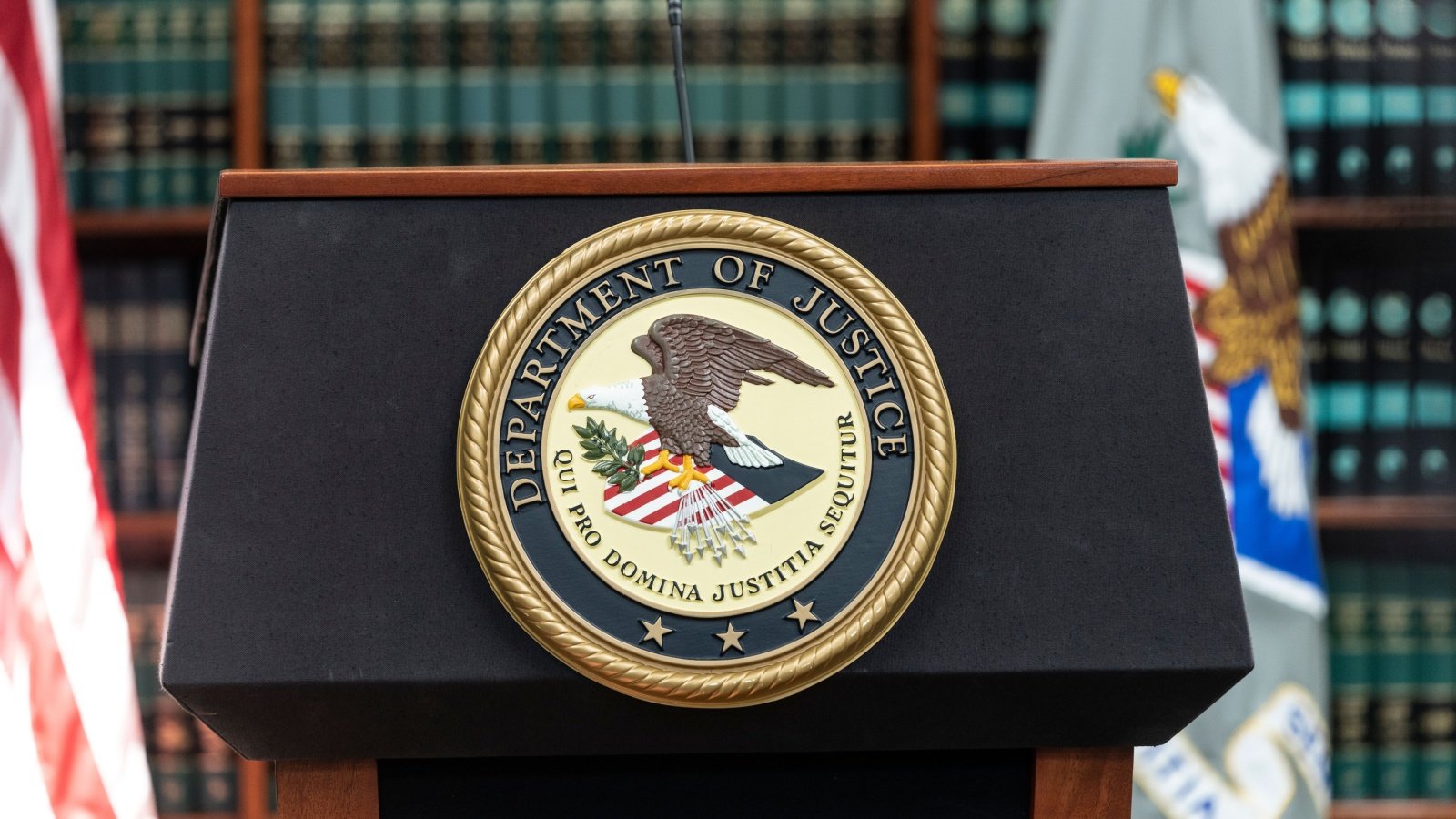
In the lawsuit, the DOJ argued that Live Nation engages in anti-competitive practices such as threats and retaliation. These tactics suppress competition, keeping other robust alternatives from developing and gaining traction and ultimately harming consumers. The monopoly results in excessive fees, which harm consumers and artists who may need help to command a high entrance price that would warrant the payment of excess costs.
Fight for Fair Competition

Assistant Attorney General Jonathan Kanter stated that the monopoly effectively barred access to live events for artists and spectators who could not afford high fees. Kanter said, “Live music should not be available only to those who can afford to pay the Ticketmaster tax. We are here today to fight for competition so that we can reopen the doors to the live music industry for all.”
Live Nation’s Defense

Live Nation has stated that the lawsuit will not result in lower ticket prices, service fees, and show access. Instead, Live Nation claims that the service fees go toward venues and that Ticketmaster’s shares of the fees are decreasing as competition emerges in their market space.
Alleged Retaliatory Practices

The DOJ lawsuit details allegations of how Live Nation binds venues in long-term contracts, does not allow for multiple ticket sellers, and requires venues to use Ticketmaster.
Biden Administration’s Antitrust Efforts
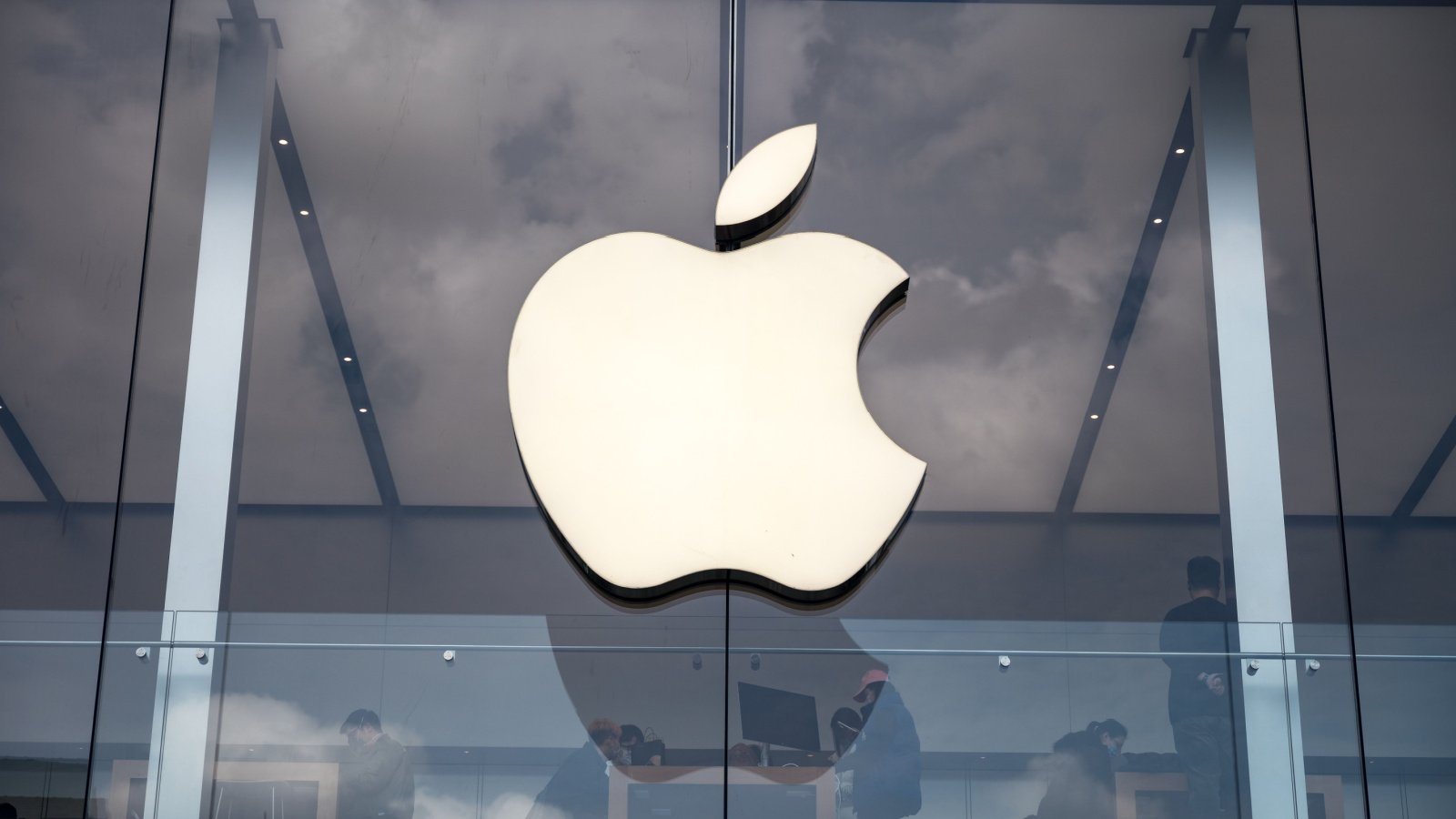
The lawsuit alleging Live Nation and Ticketmaster’s monopoly comes after Biden’s DOJ announced several lawsuits. Previous lawsuits have targeted Apple, Google, and Amazon.
Market Dominance of Ticketmaster
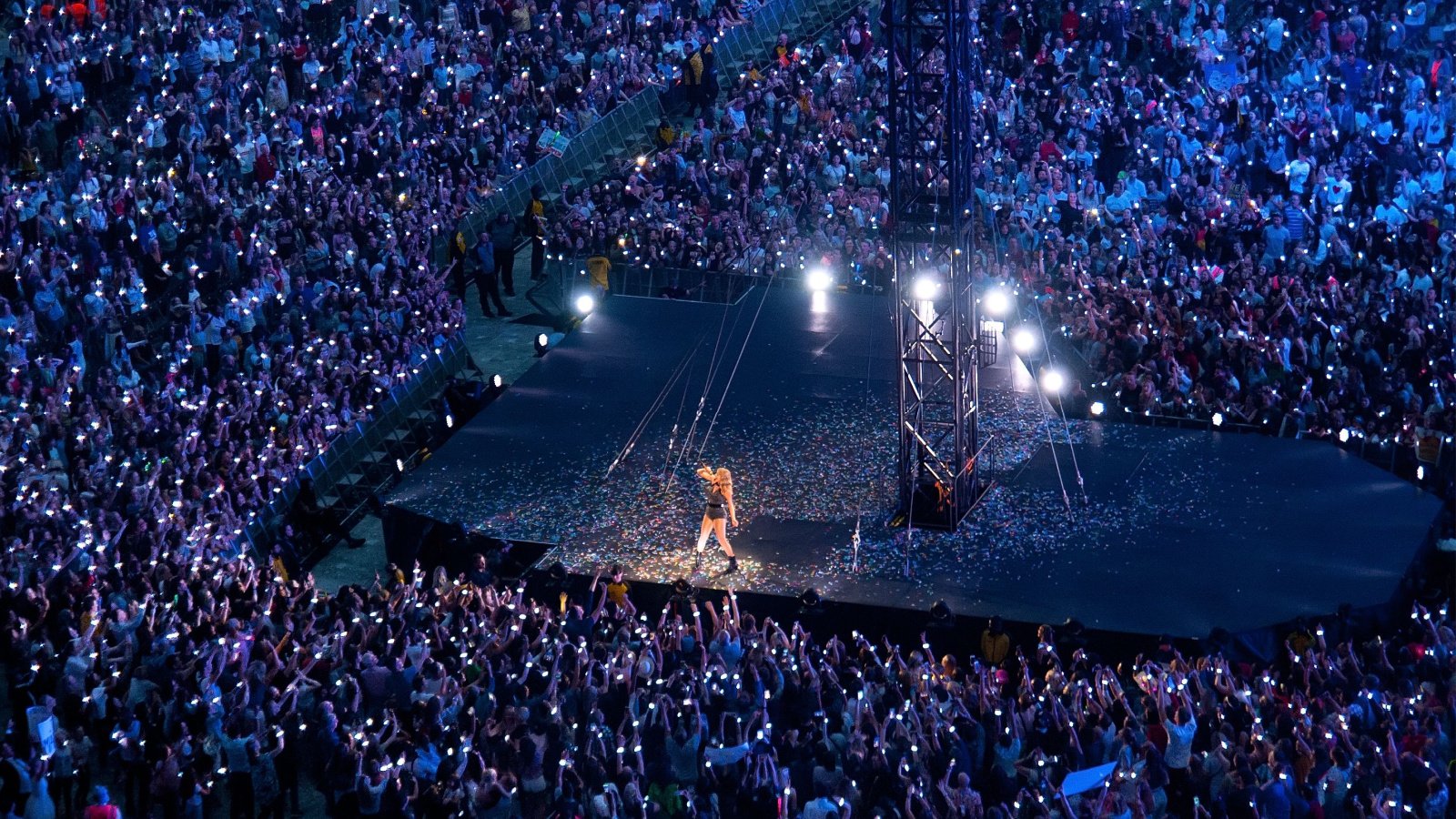
In 2010, Ticketmaster merged with Live Nation. In 2023, the company sold 620 million tickets and retained control over many major concert venues in the U.S.
Notable Incidents and Public Outrage

A glitch in the current ticket sales landscape was on display in 2022 when Ticketmaster crashed during a presale for Taylor Swift concert tickets. The crash of Ticketmaster’s website was caused by high demand and bot attacks. Consumers were outraged after waiting hours to purchase tickets to no avail. This incident led the DOJ to probe the ticket sales market in the U.S. to better protect consumer interest.
Merger Conditions and Violations

During the 2010 merger of the two entities, the DOJ was involved in creating conditions that would ensure venues did not receive retaliatory threats for choosing to use ticket companies other than Ticketmaster. However, a subsequent investigation in 2019 showed that Live Nation violated these conditions. As a result, additional prohibitions were put in place.
Historical Clashes with Artists and Fans

Ticketmaster has a long history of notable disputes with artists and fans. For example, Pearl Jam lodged a 1994 complaint against Ticketmaster. The complaint did not lead to legal action. Similarly, Bruce Springsteen’s fans have complained about the dynamic pricing system implemented by Ticketmaster.
Legal Disputes with Competitors

Competitor StubHub has taken Ticketmaster to court in the past. In 2015, StubHub sued Ticketmaster and the Golden State Warriors for allegedly forcing spectators to use Ticketmaster’s resale platform. This lawsuit alleged that Ticketmaster was inflating prices by reducing competition and limiting consumer choices for Ticketmaster’s financial benefit.
Implications for the Future

As a result of the DOJ lawsuit, the live event industry could experience a shakeup, and potentially, many more individuals will be able to afford to partake in musical and performative live events in the U.S. Breakup of monopolies generally results in lower prices and more options for both artists and fans.



